We all know the threat of nuclear war is something most people prefer to shove out of their minds. But if you’re serious about prepping, you need to face the reality of it. A nuclear attack isn’t just a far-off possibility—it’s something you can survive if you know what to expect and how to prepare. I’ve spent years learning the ins and outs of nuclear scenarios, and while it’s grim, you’ve got a much better shot if you’re mentally and physically prepared. Here are 18 cold, hard facts about what you can expect after the bombs drop—and what you can do to stay alive.
1. Electromagnetic Pulse (EMP)
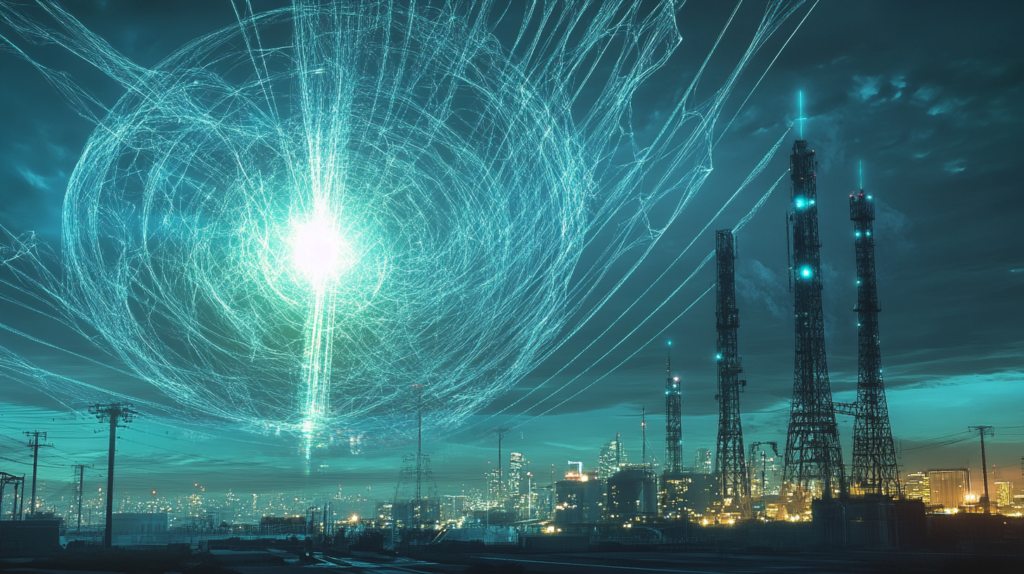
First off, forget about your electronics. A nuclear detonation—especially one high in the atmosphere—will trigger an EMP that knocks out electrical grids and anything with circuits. Your phone, car, even solar panels might be toast. The power could be out for months, maybe longer. Having non-electric backups, like hand-crank radios and mechanical tools, is critical.
2. Immediate Destruction

The blast itself will obliterate everything in its radius. A 1-megaton bomb can level buildings within a 3-mile radius, and the heat from the explosion will cause massive fires for miles beyond that. If you’re near ground zero, your focus should be on finding immediate, robust shelter. A basement or bunker is your best bet, but even hiding in a sturdy building away from windows can help.
3. Radiation Sickness
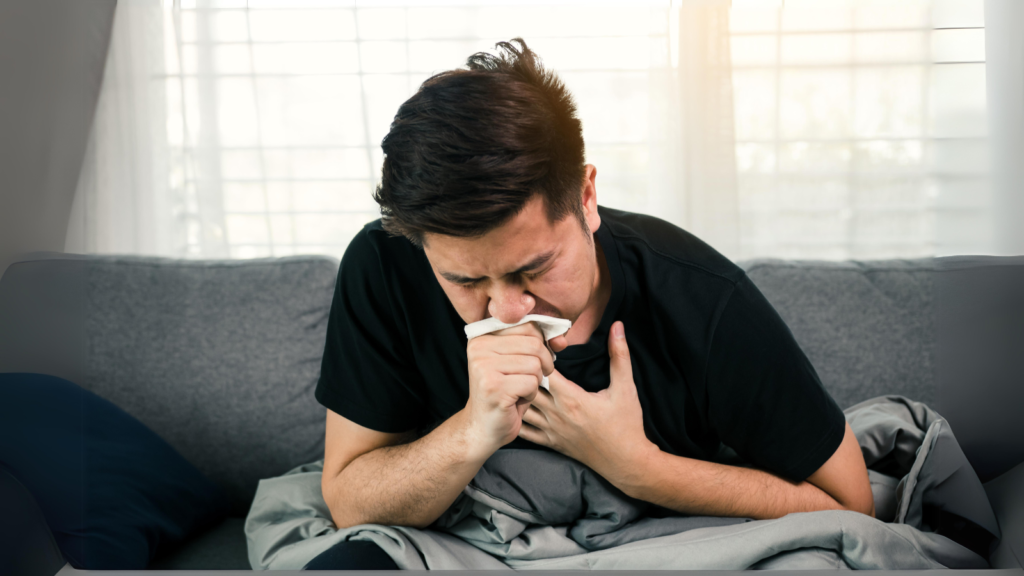
Radiation is the real killer after a nuclear explosion. While the initial blast is deadly, radioactive fallout will spread for hundreds of miles. The fallout looks like gritty ash and settles on everything—water, crops, homes. If you’ve got potassium iodide, take it to protect your thyroid. Otherwise, shelter in place and seal off your home as best you can. Radiation poisoning symptoms can take hours or even days to show, so don’t assume you’re safe just because you feel fine.
4. Food and Water Contamination

Fallout contaminates water supplies and food sources quickly. Open water sources like lakes and streams become hazardous. You won’t be able to eat anything grown outside for a long time. I always recommend having a few months’ supply of food and plenty of bottled water stored. And don’t forget a high-quality water filter that can handle radioactive particles—your life will depend on it.
5. Mass Casualties and Overwhelmed Hospitals
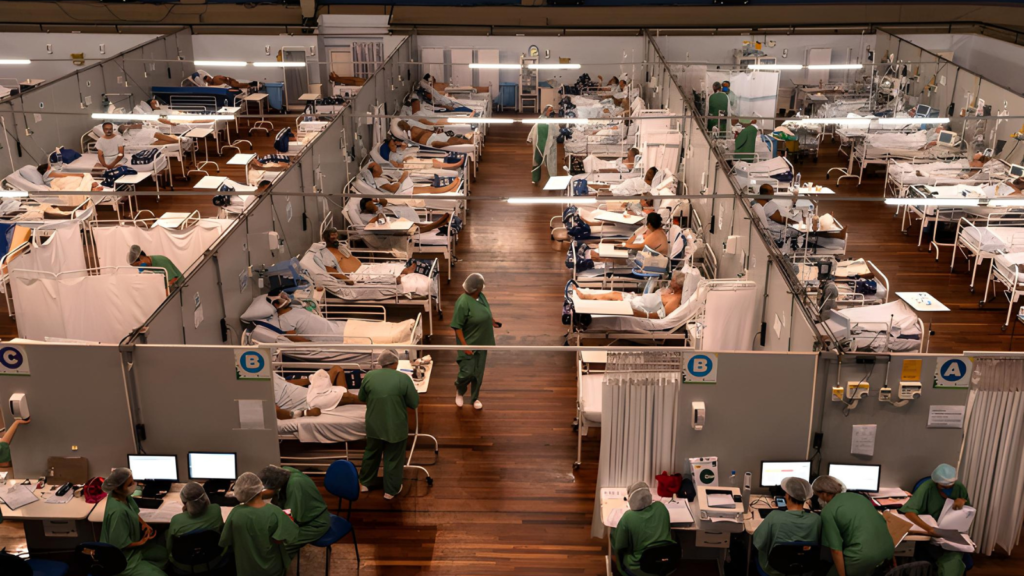
Hospitals? Forget about it. They’ll either be leveled or overwhelmed. Medical staff will be in short supply, and so will the basics like antibiotics and bandages. You need to become your own medic. Stock up on first aid supplies and, most importantly, learn how to use them. In a nuclear event, knowing how to treat radiation burns and basic trauma could make all the difference.
6. Communication Blackout
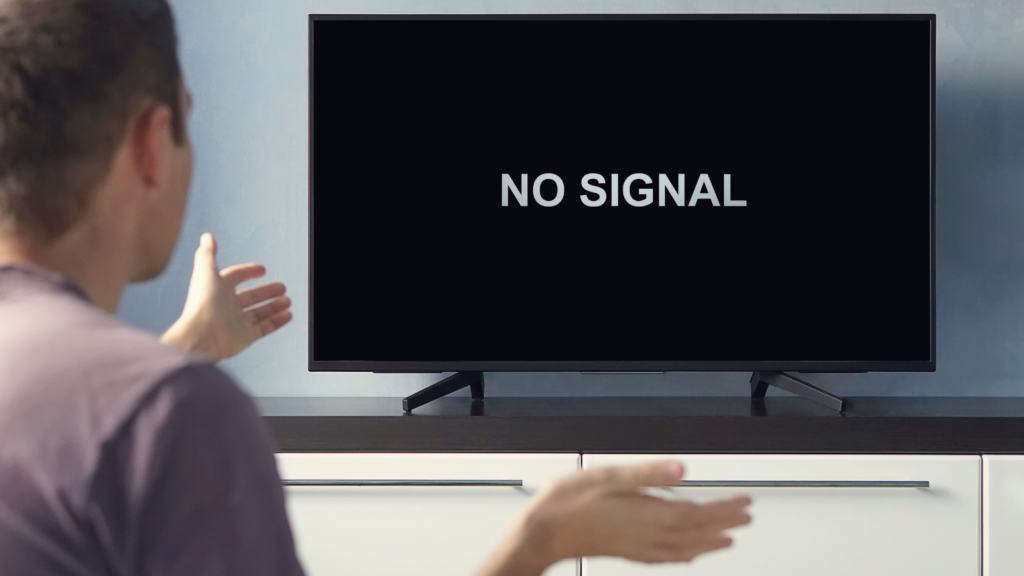
Don’t expect to check Twitter or turn on the TV. The EMP will knock out cell towers, internet, and radio communications. The best way to stay connected is through ham radios or other long-range radio communication. I keep a hand-crank emergency radio so I can tune into any remaining broadcasts. But remember—without a plan in place ahead of time, you might not even be able to reach loved ones.
7. Fires and Smoke
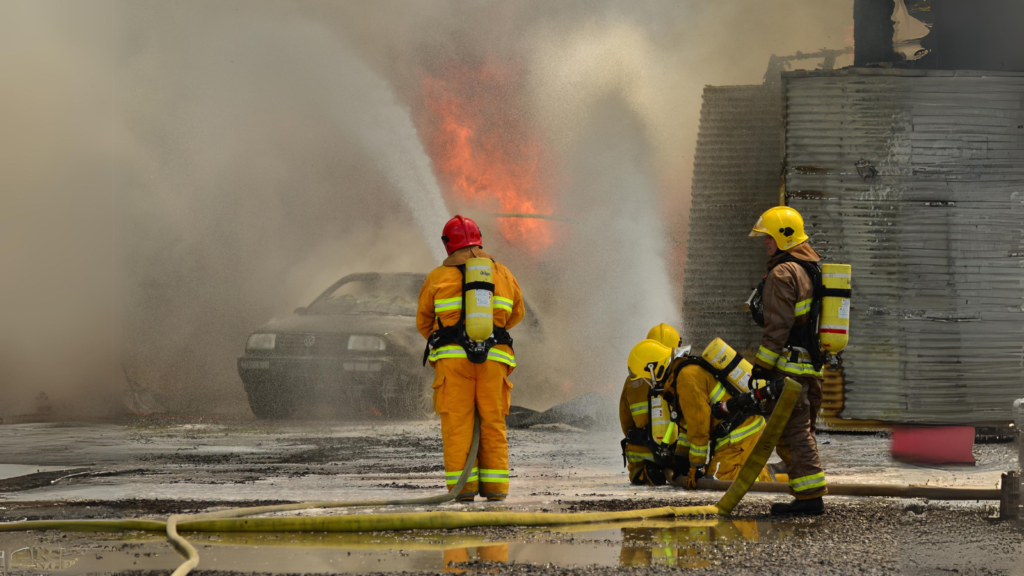
Fires are a given. The heat from the blast can spark fires for miles, and firestorms may rage out of control. Hiroshima saw fires burn for hours after the explosion. The smoke can be so thick it blots out the sun, causing temperatures to drop. If you’re in a fire-prone area, you need to have firebreaks around your property and fire extinguishers at the ready.
8. Lack of Emergency Services
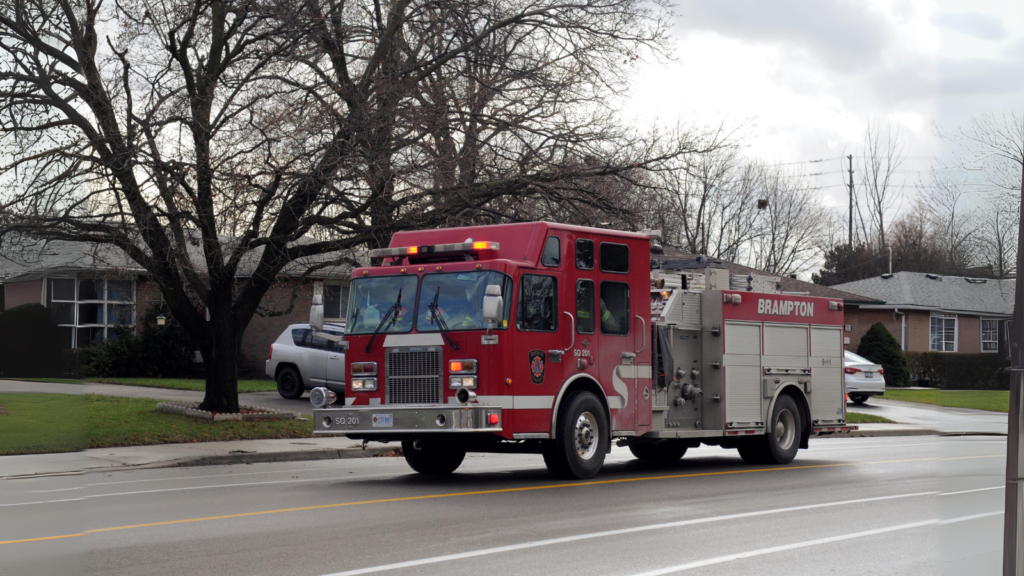
In the wake of a nuclear attack, don’t count on the police, firefighters, or ambulances. Emergency services will be overwhelmed or simply nonexistent. You’re going to be on your own, so you better know how to handle basic emergencies yourself. I’ve taken the time to learn firefighting techniques and basic medical skills, and you should too.
9. Breakdown of Supply Chains
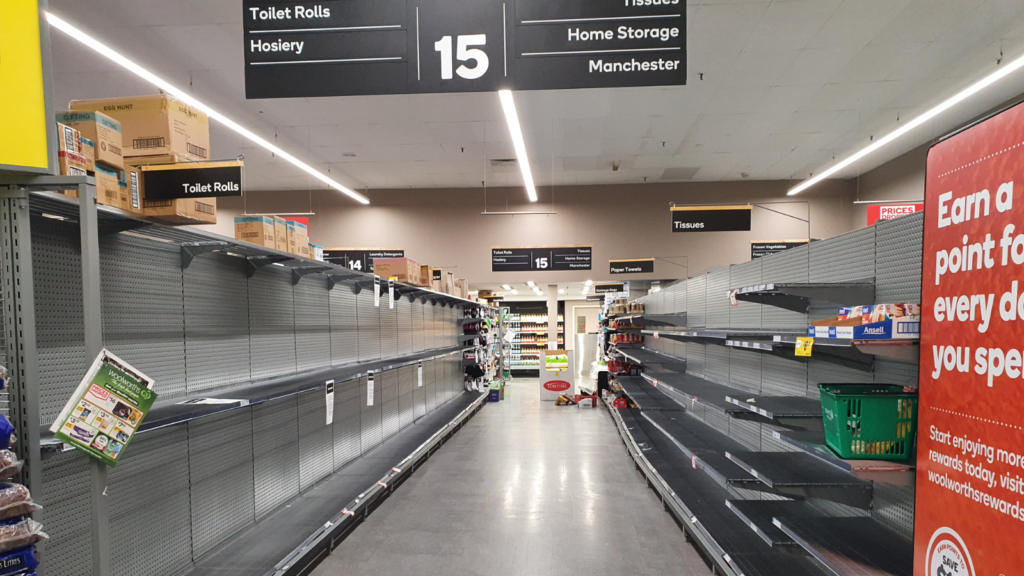
Grocery store shelves will be emptied within days. The trucks that normally keep everything stocked? They won’t be running. Fuel shortages and infrastructure damage will halt supply chains completely. This is why I always keep at least six months’ worth of essential supplies—food, medicine, fuel, and hygiene products. You’ve got to be ready to hunker down for the long haul.
10. Refugee Crisis
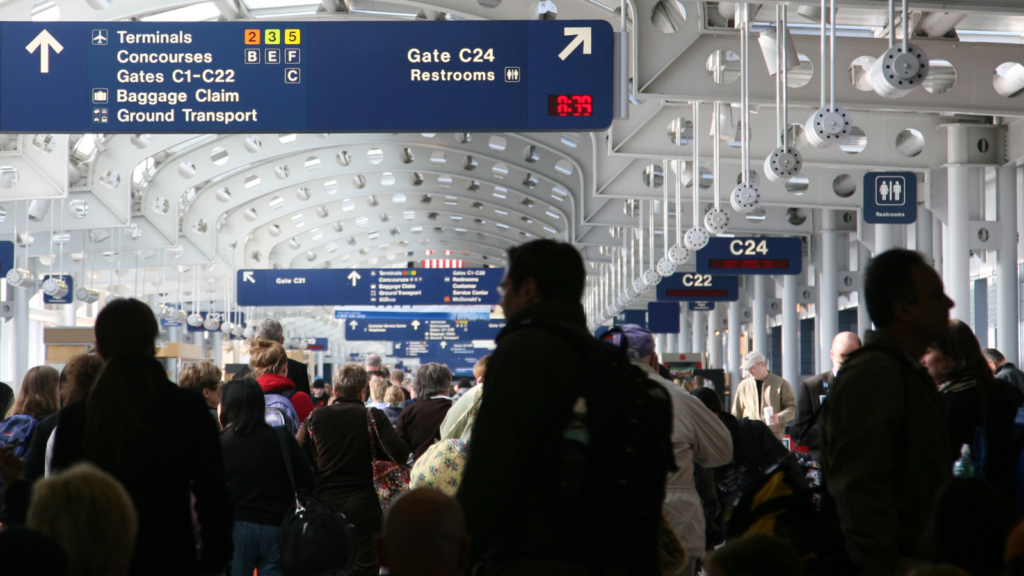
As people flee cities and fallout zones, you’ll see mass migrations. Refugees will be desperate and could strain resources in less affected areas. If you’re in a safer zone, you’ll need to defend your property. Having a community to work with for mutual protection and resource management is key—go it alone, and you’ll burn out fast.
11. Martial Law

Expect the government to declare martial law. This means curfews, checkpoints, and military control over resources and movement. Be ready to comply, but also to protect your own interests. Stockpiling food and water means you won’t have to rely on rationing, which will be tight and slow to arrive.
12. Economic Collapse
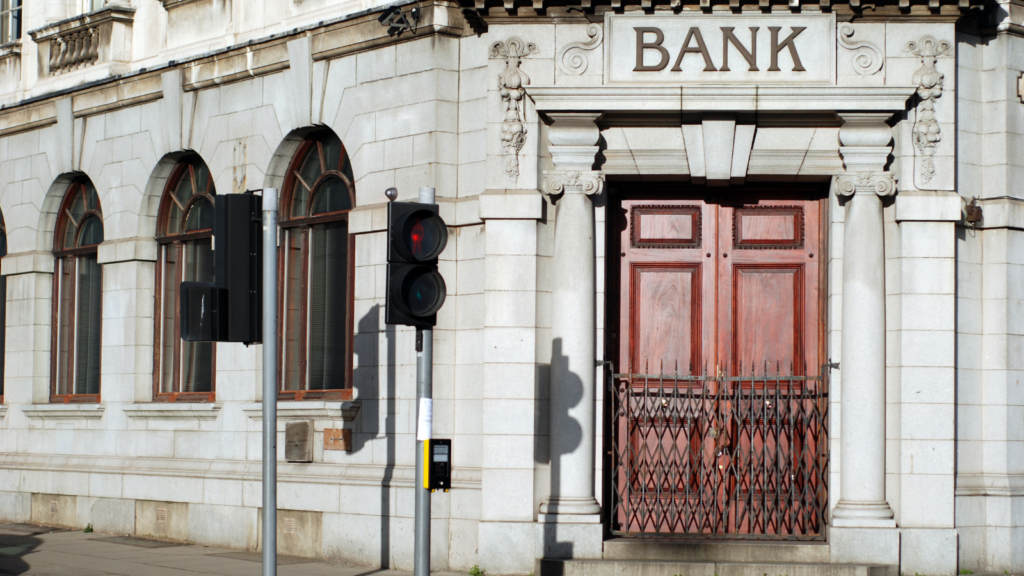
The economy will grind to a halt. Banks won’t be open, and your money won’t be worth much. The value of physical items will skyrocket, so having barter goods like silver coins, alcohol, tobacco, and hygiene products will be invaluable. Bartering skills will replace currency—start thinking about what you can trade when the dollar loses its value.
13. Psychological Trauma

Don’t underestimate the mental toll. Surviving a nuclear attack will leave people dealing with PTSD, anxiety, and depression. Staying mentally strong is just as important as being physically prepared. If you’ve got family, keeping them calm and focused will be part of your job. Have activities on hand, and create a routine to give a sense of normalcy in a world that’s far from normal.
14. Long-Term Health Effects
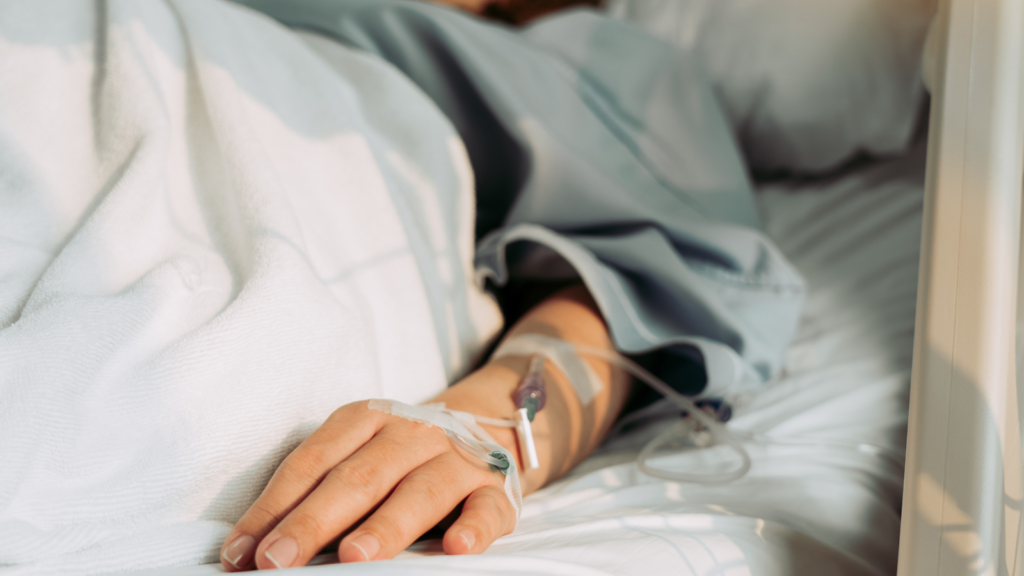
Survivors of Hiroshima had a 10% higher risk of cancer for the rest of their lives. The radiation you’re exposed to today will have long-term effects, including cancer, birth defects, and genetic damage. Prepare yourself and your family for the long haul, and monitor radiation exposure with dosimeters or Geiger counters. The impact on your health may not be immediate, but it’s inevitable.
15. Agricultural Challenges
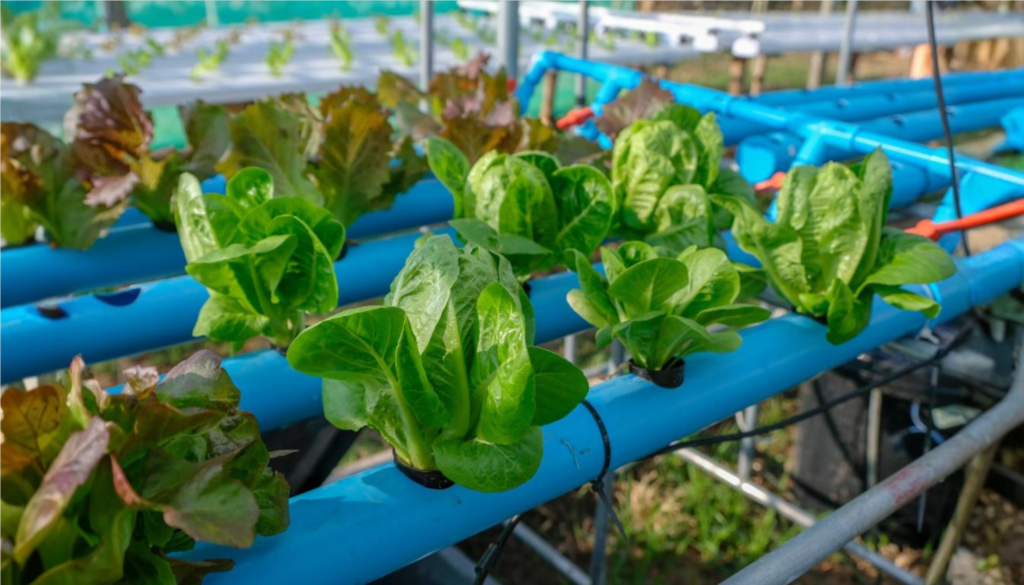
Growing your own food is essential in a long-term survival scenario, but fallout will make traditional gardening nearly impossible. Soil contamination will kill crops for years. You’ll need to rely on indoor or greenhouse growing to stay safe from radiation. Hydroponics or aquaponics systems are a great way to grow food without contaminated soil.
16. Water Scarcity
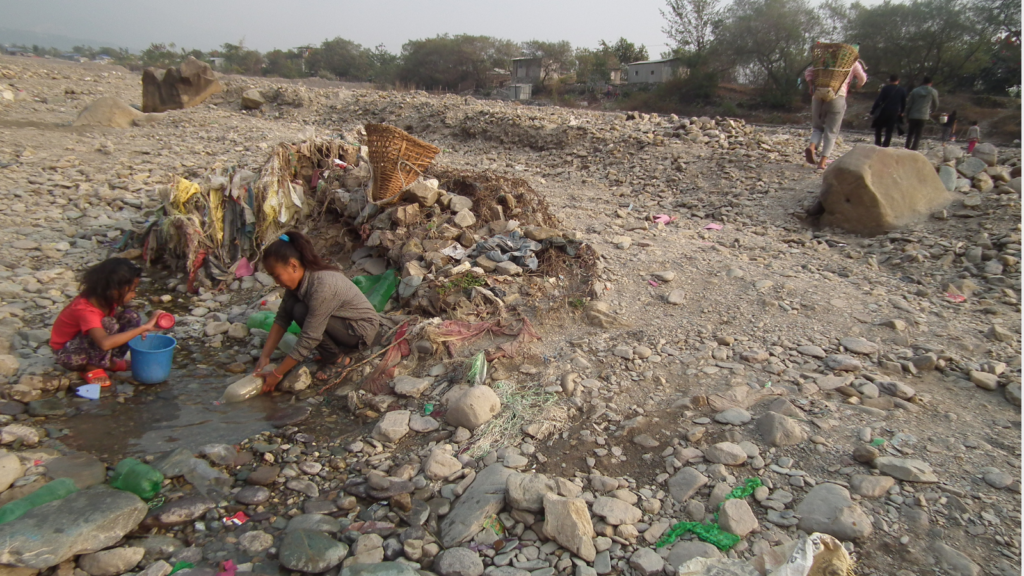
Clean water will be a rare commodity. Fallout contaminates rivers, lakes, and even rainfall. I always recommend having multiple methods for water purification—filters, chemical tablets, and distillation systems are a must. If you don’t know how to collect and purify water, now’s the time to learn. Without water, all your other prepping means nothing.
17. Technological Regression
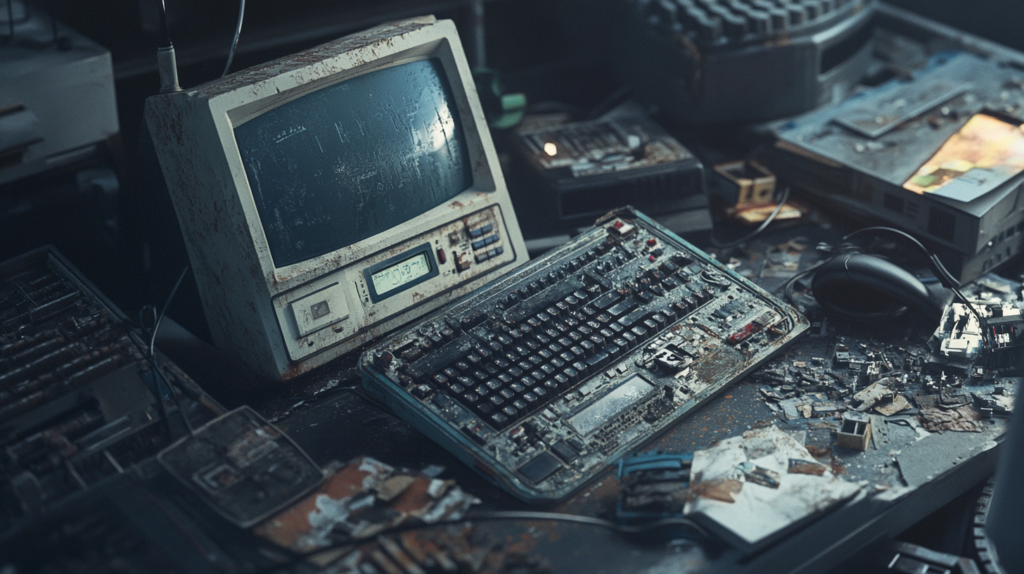
The loss of the electrical grid and widespread infrastructure damage will set us back a couple hundred years, technologically speaking. Life after a nuclear attack will be much like living in the 1800s. Manual farming, hand tools, and basic survival skills like food preservation and hunting will be vital. Don’t just rely on technology—learn these skills now, because after a nuclear event, there won’t be anyone to fix your gadgets.
18. New Social Order
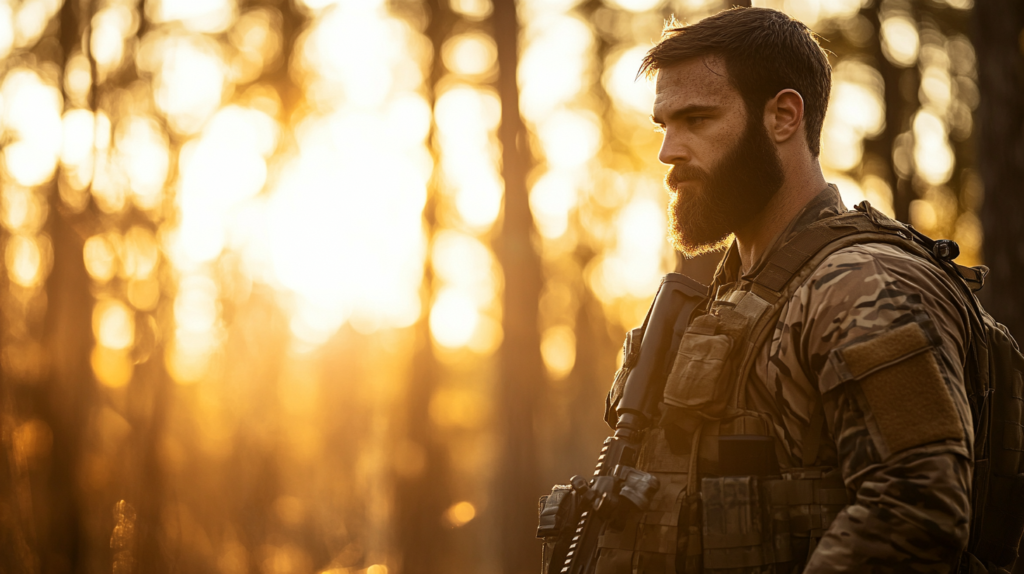
The world you knew will be gone, and a new one will take its place. Society as we know it will fracture, and new power structures will emerge. Those with skills, resources, and strong community ties will be in charge. It’s no time to go it alone. Start building relationships now—because when the dust settles, the lone wolves won’t last long.

